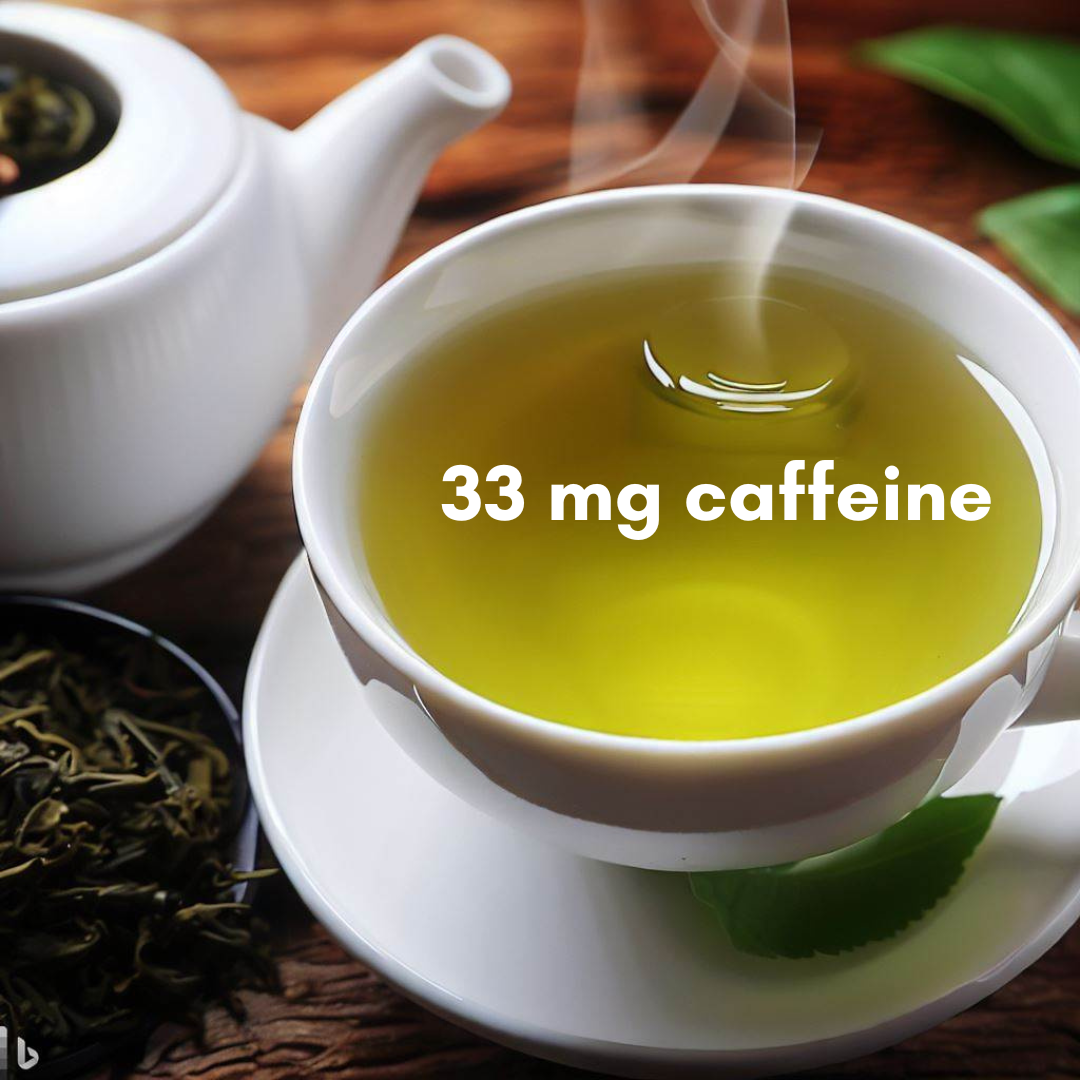Published Date January 24, 2003
Demystifying Caffeine in Tea
By Naurin Ansari
3 min read
Last update date: January 24, 2003
Caffeine is a stimulant that increases energy levels and alertness. Although, it is important to be aware of the caffeine intake, as excessive caffeine intake can cause side effects such as insomnia, jitteriness and increased heart rate.
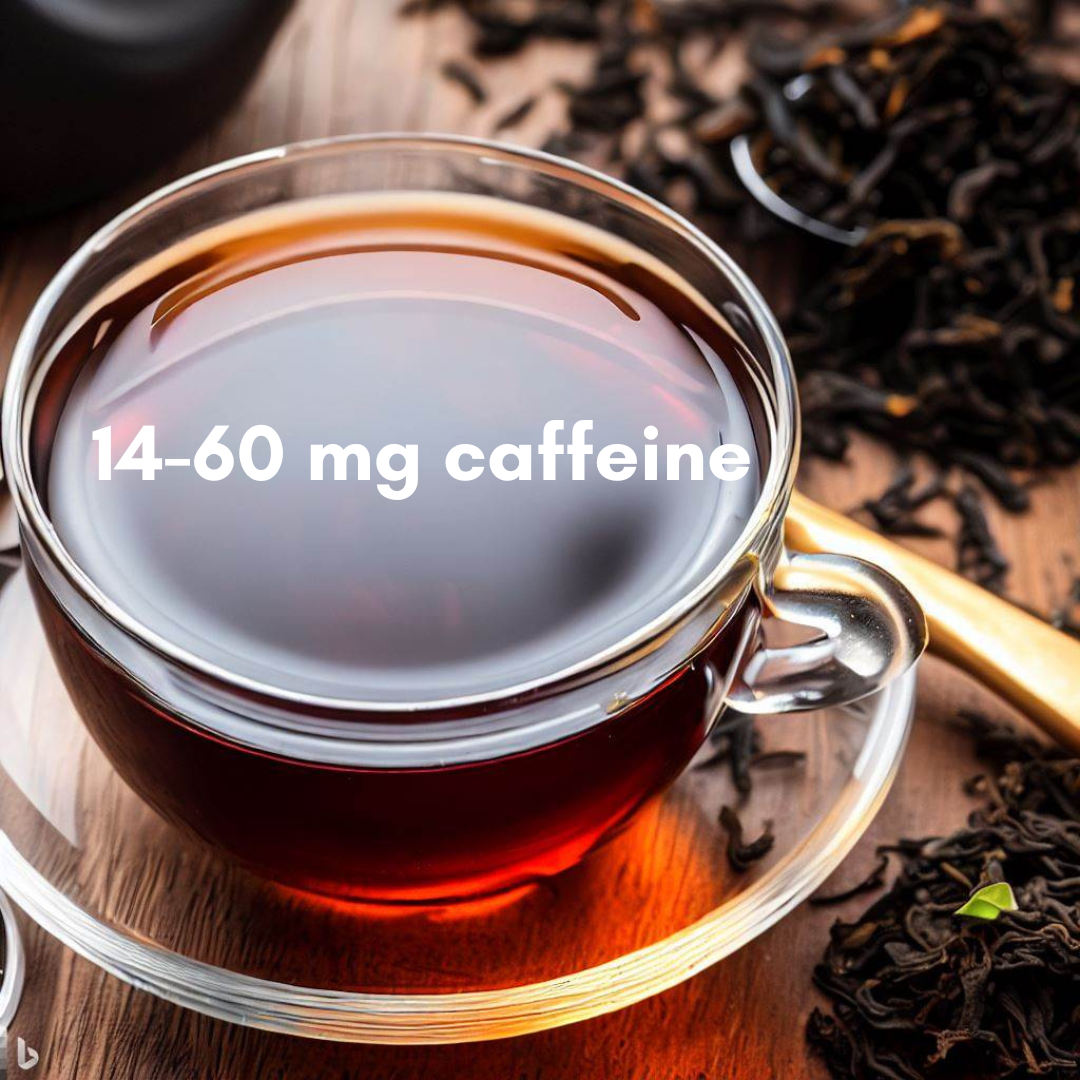
Caffeine is one of the most widely consumed substances in the world. It is found in many foods and drinks, including tea. While some people love the energy boost that caffeine provides, others may be more cautious about their caffeine intake.
For those who enjoy a cup of tea, it's important to understand how much caffeine is in each serving. In this blog, we will explore the caffeine content in tea and how it varies based on factors like the type of tea, brewing method, and serving size.
Does your Tea have Caffeine?
Yes, all types of tea contain caffeine. The amount of caffeine in a cup of tea can vary depending on the type of tea, the brewing time, and the amount of tea used. In general, black teas tend to have the most caffeine, followed by oolong teas, green teas, and white teas. Herbal teas, such as chamomile or mint, don't contain as much or any caffeine at all.
Black tea typically contains around 14-60 mg of caffeine per 8 oz (240ml) cup, while green tea contains around 8-36 mg per cup. Oolong tea is somewhere in between, with about 12-55 mg per cup.
Caffeine is a stimulant that increases energy levels and alertness. Although, it is important to be aware of the caffeine intake, as excessive caffeine intake can cause side effects such as insomnia, jitteriness and increased heart rate.
Is black tea more or less caffeinated than coffee?
A cup of coffee contains around double the amount of caffeine as a cup of black tea, with an average of 95 mg per cup. The caffeine concentration of coffee, like that of tea, is influenced by a variety of factors, including the type of coffee beans, the roasting process, and the type of coffee.
A shot of espresso, for example, contains roughly 63 mg of caffeine, whereas a cup of instant coffee can contain anywhere between 30-90mg.
Are herbal teas caffeine-free?
Caffeine-free herbal teas don't come from the Camellia Sinensis plant (or tea plant). Herbal teas like camomile, ginger, peppermint, and rooibos are technically infusions rather than teas.
Although, if you buy herbal tea that contains green or black tea, it will contain caffeine. On the other hand, green tea has 33 mg of caffeine per cup, which is less than black tea.
Matcha green tea, which is typically sold as a powder, is substantially stronger, containing approximately 35 mg per half teaspoon.
Is there caffeine in iced tea?
Green, black, white, and oolong teas are all made from the Camellia sinensis plant and contain variable quantities of caffeine. One cup of oolong tea, for example, has around 38 grams of caffeine. As a result, iced versions of these drinks contain the same amount of caffeine as hot tea.
Bottled iced tea, on the other hand, is a different matter. Caffeine is added by some brands for increased energy and mental focus, while others are created using caffeine-free tea. Decaffed iced teas have gained a lot of popularity among professionals. However, these beverages are frequently heavy in sugar, artificial flavours, and other ingredients that may be harmful to your health.
At what age is caffeine OK?
A report from 2017 found that kids aged 13-18 years were drinking more coffee than before.
Another study from 2014 showed kids between the ages of 2-11 were more likely to drink coffee than in the past. The numbers went from 10% to as high as 24% in a decade's time.
In 2017, 37% of older children drank coffee every day which was more than in 2014 and 2016 together.
Caffeine affects people differently depending on their age, weight, and sensitivity to the substance. In general, moderate caffeine consumption is considered safe for most adults, including pregnant women, in amounts of up to 400 milligrams per day, which is roughly the amount in four cups of brewed coffee.
However, for children and adolescents, it is recommended that caffeine consumption be limited or avoided altogether. The American Academy of Pediatrics recommends that children and adolescents avoid caffeine or consume it in moderation, with an upper limit of 100 mg per day for adolescents, and no more than 2.5 mg per kilogram of body weight for younger children.
Maximum daily intake of caffeine children
The table below lists the recommended allowance of caffeine for children aged 4–12.
- 4-6 years old: 45 mg which is equal to 1 can (355 ml) of cola or less than half a cup of brewed coffee.
- 7-9 years old: 62.5 mg which is equal to 1.5 cans (355 ml) of cola or a single espresso shot.
- 10-12 years old: 85 mg which is equal to almost 2 cans (355 ml) of cola or just under 1 cup of brewed coffee.
References
- https://www.teatulia.com/tea-101/caffeine-in-tea.html
- https://www.bbcgoodfood.com/howto/guide/how-much-caffeine-tea
- https://www.livestrong.com/article/281148-how-much-caffeine-is-contained-in-a-tea-bag/
- https://www.medicalnewstoday.com/articles/is-coffee-bad-for-kids
- https://www.medicalnewstoday.com/articles/is-coffee-bad-for-kids#Risks-for-children
Keep reading
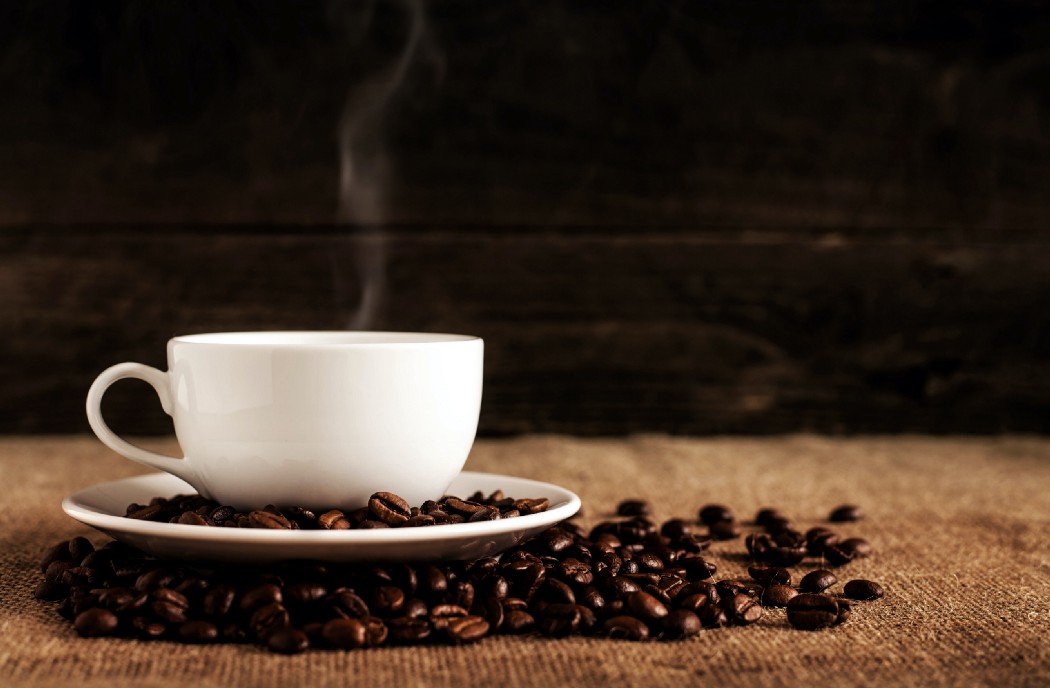
What’s Caffeine Intolerance?
All about Coffee Allergy, Caffeine Intolerance and Caffeine Sensitivity.
By Arpita Sudev
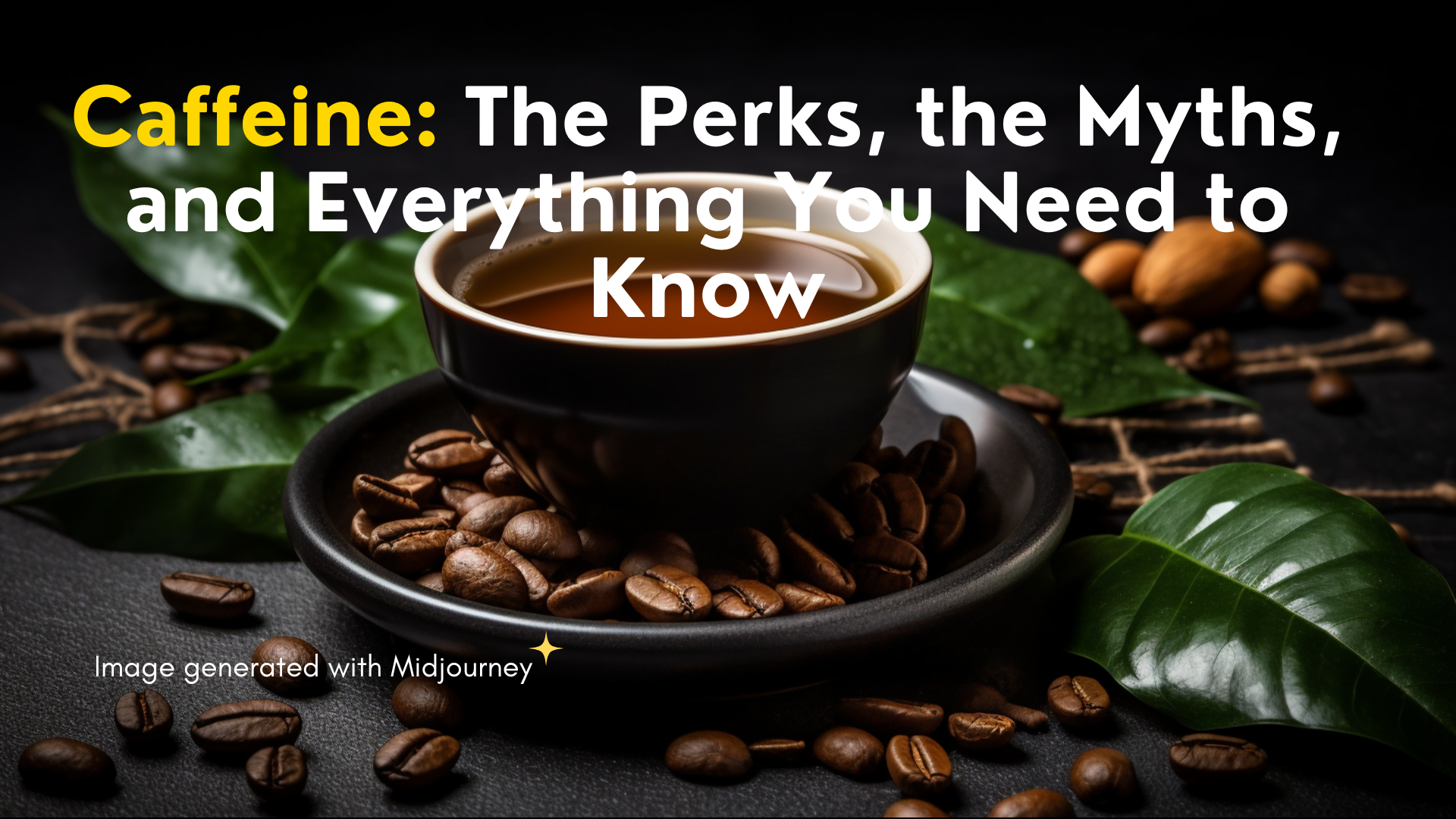
Navigating the World of Caffeine
By Team Ariso
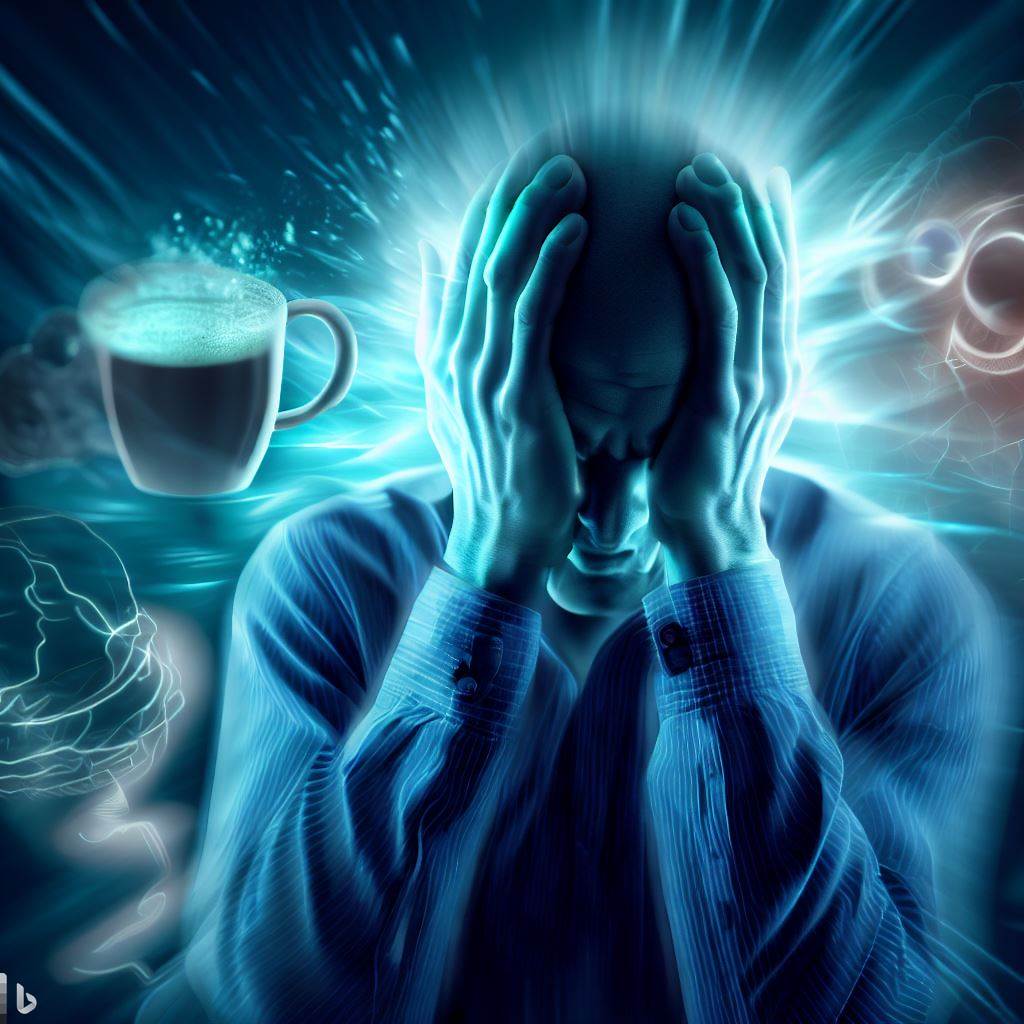
Caffeine and Health: Navigating Sensitivity and Intolerance
It's also worth mentioning that as people age, their ability to metabolize caffeine slows down, so it may take longer for caffeine to be eliminated from the body and its effects can last longer.
By Naurin Ansari
Choose Healthy With Us.
Know the real truth about your food. Stay informed and healthy, for free.
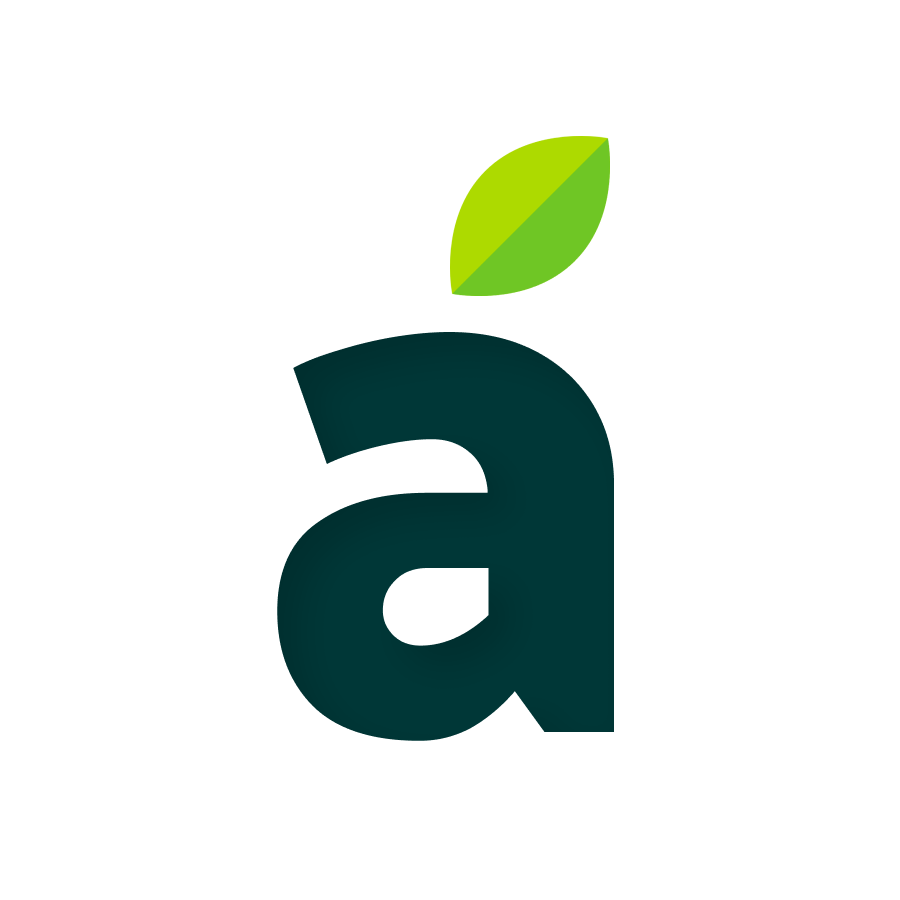
Download the App Now
Certified nutritionists trust our food recommendations. Safe to say, so can you :)




